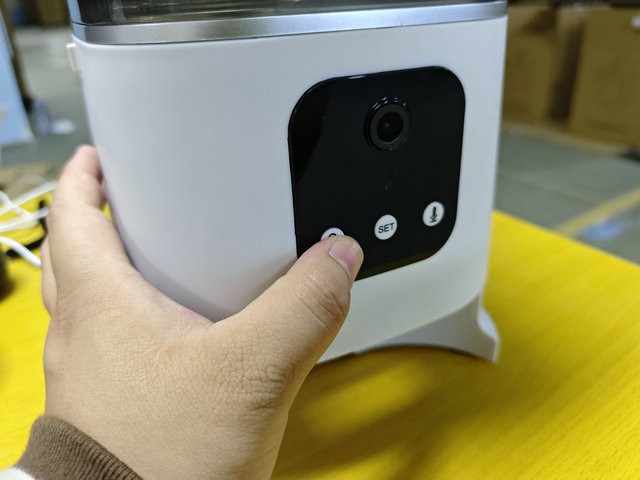
In the vast and intricate landscape of manufacturing and supply chain management, the role of a third-party inspector (TPI) emerges as a pivotal force in upholding the standards of product quality and safety. These professionals serve as the impartial eyes and ears for clients, ensuring that products meet the agreed-upon standards before they reach the market. This article delves into the core qualities and abilities that a third-party inspector must possess to excel in this crucial role.
Contents
Unwavering Integrity
At the heart of a third-party inspector’s role lies the principle of integrity. TPIs must exhibit an unwavering commitment to honesty and ethical conduct, ensuring that their assessments and reports are unbiased and factual. This integrity is fundamental, as the decisions and reports they produce can significantly impact the business dynamics between manufacturers and clients.
Keen Observational Skills
A proficient TPI must possess exceptional observational skills, enabling them to detect discrepancies, defects, and non-conformities that might elude others. This keen eye for detail is crucial in identifying issues that could compromise the quality or safety of a product. Observational skills extend beyond visual inspection; they encompass the ability to discern nuances in documents, processes, and operations that are indicative of larger issues.
Technical Expertise
Given the diverse range of industries and products they may encounter, third-party inspectors must have a broad yet deep understanding of technical standards, manufacturing processes, and product requirements. This technical expertise ensures that inspectors can effectively evaluate the compliance of products with industry standards, regulations, and client specifications. Continuous learning and professional development are essential for TPIs to stay abreast of the latest technologies, materials, and standards.

Effective Communication
The ability to communicate effectively is indispensable for third-party inspectors. They must be adept at articulating their findings, both orally and in writing, to a variety of stakeholders, including clients, manufacturers, and regulatory bodies. This involves the skillful translation of complex technical issues into clear, comprehensible language. Moreover, TPIs often act as mediators between clients and suppliers, necessitating diplomacy and the ability to navigate sensitive conversations.
Problem-Solving Skills
Third-party inspectors frequently encounter unforeseen issues and must be capable of devising pragmatic solutions. Problem-solving skills are essential for addressing non-conformities, suggesting corrective actions, and helping parties reach consensus on compliance matters. This ability not only involves analytical thinking but also creativity and innovation in overcoming challenges.
Adaptability and Resilience
The dynamic nature of global supply chains means that third-party inspectors often work in varied environments, facing different challenges daily. Adaptability and resilience are vital for TPIs to effectively manage the demands of their role, whether adjusting to new regulatory landscapes, overcoming logistical hurdles, or dealing with cultural differences in international contexts.
Attention to Detail
A third-party inspector’s effectiveness is often determined by their attention to detail. This trait is crucial in ensuring that no aspect of the inspection process is overlooked and that all findings are accurately recorded. Attention to detail prevents the oversight of minor issues that could escalate into significant problems.
Time Management
Effective time management is critical for third-party inspectors, who must often juggle multiple inspections, reports, and clients. The ability to prioritize tasks, adhere to deadlines, and efficiently manage one’s schedule ensures that all obligations are met without compromising the quality of the inspection work.
Cultural Sensitivity
In a globalized economy, third-party inspectors frequently operate across international borders, interacting with individuals from diverse cultural backgrounds. Cultural sensitivity—the ability to understand and respect cultural differences—is essential for building rapport with clients and manufacturers, facilitating smoother communication, and avoiding misunderstandings.
In conclusion, the role of a third-party inspector is complex and demands a unique set of qualities and abilities. Integrity, observational skills, technical expertise, effective communication, problem-solving capabilities, adaptability, attention to detail, time management, and cultural sensitivity are all indispensable traits for success in this field. As guardians of quality and safety, third-party inspectors play a crucial role in maintaining trust and confidence in the global supply chain, making their contributions invaluable to businesses and consumers alike.





